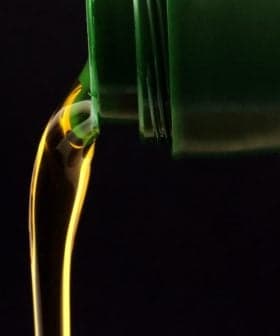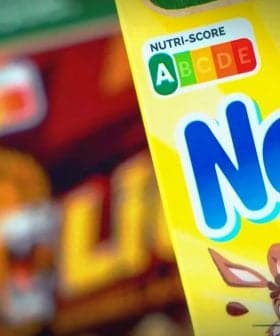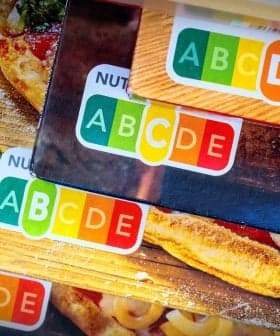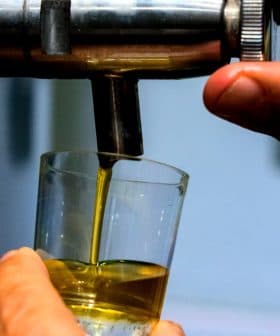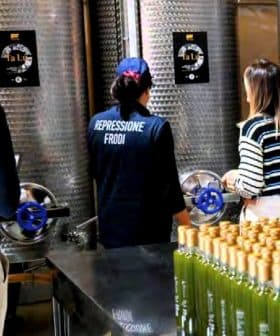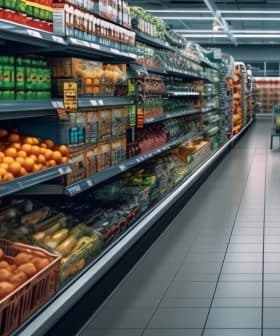Dcoop, Pompeian Under Fire for Deceptive Labeling
The Spanish cooperative is again in the headlines for its export practices to the United States and its members are becoming wary.
Spain’s largest olive oil cooperative, Dcoop, has been accused of selling blends of rapeseed oil and olive oil in the United States under its Pompeian brand, with less than one percent of the blend being actual extra virgin olive oil. This unethical practice has led to concerns among cooperative members about losing market share and causing consumer mistrust in the industry, despite Dcoop’s defense of their low prices and dedication to promoting Spanish extra virgin olive oil.
Spain’s largest olive oil cooperative has come under fire for its “unethical” export practices for the second consecutive month.
…we do not see something praiseworthy or ethical to use the good name of olive oil, as can be seen on the label, when really the percentage you have is minimal.
Dcoop has been accused of selling blends of rapeseed oil and olive oil in the United States as extra virgin olive oil, under its Pompeian brand. According to the labels of its OlivExtra Original, the product is composed of rapeseed oil and “First Cold Press Extra Virgin Oil,” which is printed in larger and more prominent text.
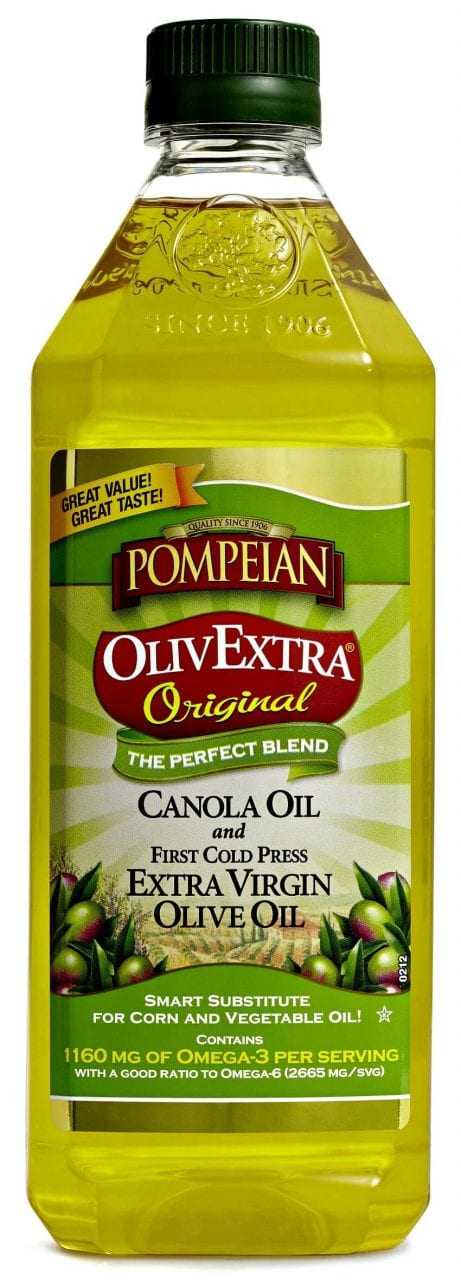
Pompeian ‘OlivExtra’
While the nutritional information provided to North American distributors indicates that 85 percent of the blend is rapeseed oil, sources close to the matter have told media in Spain that less than one percent of the blend is actually extra virgin olive oil. The remaining 99-plus percent, sources said, is Canadian rapeseed oil.
“Pompeian sells other similar products in the United States, in which it mixes rapeseed, grape seeds and extra virgin olive oil, always emphasizing the image of olive oil as a commercial claim,” sources told El Español, the digital newspaper that originally broke the story.
These revelations come one month after the Spanish tax authorities fined the cooperative €2.81 million ($3.29 million) for failing to pay import duties on Tunisian olive oil. Dcoop is currently appealing the fine. It was also revealed that the cooperative was blending this imported olive oil with its members’ oil before re-exporting it to the United States labeled as Spanish extra virgin olive oil.
A number of members of the cooperative are now wary of Dcoop’s behavior and trade practices with the United States, which they see as one of the most profitable markets for their product. They worry that repeated abuses such as these will cause them to lose market share to other European Union and non-EU competitors.
“[A] good number of Spanish oil cooperatives, some of them integrated in the controversial Dcoop cooperative, are becoming more uncomfortable because of Dcoop’s strategy to banalize the Spanish product in the U.S. market, which is one of the most profitable,” sources said. “[Dcoop is] selling brands that have a minimum proportion of the original Spanish olive oil.”
However, Rafael Sánchez de Puerta, the vice-president of Dcoop, has hit back at these reports saying they have been stoked by jealous competitors who have so far failed to get their foot in the door of the lucrative U.S. market.
Dcoop currently controls about 17 percent of the Spanish olive oil market in the U.S., with sales exceeding 30,000 tons last year. With these types of practices, Dcoop also manages to keep its prices well below the rest of the market. Pompeian olive oil sells, on average, at prices up to 40 percent lower than other Spanish and Italian brands and up to 100 percent lower than California olive oils.
Antonio Luque, the president of Dcoop, doubled down in defending these low prices as well as deflecting the most recent criticism. He said that Dcoop was dedicated to doing what is best for its members as well as Spanish extra virgin olive oil, as a whole.
However, Cristóbal Cano, the general secretary of the Union of Small Farmers and Cattle Ranchers (UPA) in Jaén, vehemently disagrees. He said that practices such as these do a “disservice” to all parts of the Spanish olive oil sector working to promote its products in the U.S.
“In our opinion, this is still a bad business practice. We do not enter into the legal background of the matter, because it is permissible to market mixtures in the American market, but it is true that we do not see something praiseworthy or ethical to use the good name of olive oil, as can be seen on the label, when really the percentage you have is minimal,” Cano said. “It could be classified as advertising that invites confusion and even misleading.”
Meanwhile, there is the concern in the industry that the debate played out publicly in headlines throughout Spain and beyond will lead to more consumer mistrust.
“Stop possible dubious practices and stop open accusations,” the Spanish Association of Olive Oil Municipalities (AEMO) warned on its Facebook page. “Because if they do not do so, there will come a time when that other part of the sector, that struggles to communicate to the world that extra virgin olive oil is unique, gastronomic and healthy…will also explode.”
https://www.facebook.com/municipiosdelolivo/posts/1825895134114497


